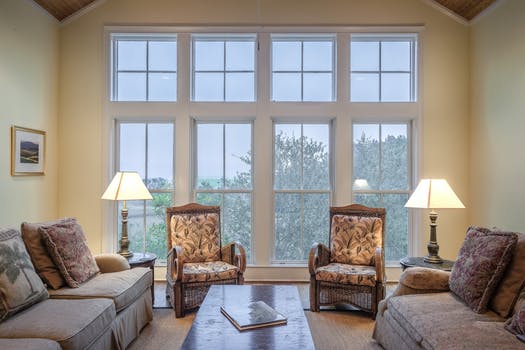
13:17 PM, 10th August 2017, About 7 years ago
Text Size
With banks offering minimal returns on your savings, are there savvier ways to invest your money?
For those approaching retirement age, they may have been considering investing in a buy to let for retirement income. Retirement property investments generate healthy returns and give the investor time to decide whether they would wish to move in at a later stage or use the rental income elsewhere. This is one benefit of investing in a unit in a retirement home. What are some other benefits, and what are the drawbacks? Here is your checklist to purchasing retirement property.
Retirement homes are generally situated in picturesque villages and towns in regions popular with an older clientele, such as the south west of England. Residents can enjoy their surroundings and a slower pace of life. They’re often situated next to National Trust parks or near to the coast.
More and more people are discovering the benefits of downsizing and distributing their wealth to ensure their family gets as much of their equity as possible. Even if the individual does not feel ready to move into a retirement village yet, they can invest and enjoy the rental income whilst they decide whether they want to move and if so, where they want to move to. Even if they decide not to occupy their investment in the future, the rental yield could go some way to covering their expenses elsewhere.
Perhaps an aspect that is much overlooked is the social benefit of investing / living in a retirement village.
Half of all people over the age of 75 live alone, and one in ten of those aged 65 or over say they feel lonely either all the time of often. Half of all older people consider the TV to be their main form of company, and 36% of over 65-year olds say they feel out of pace with modern life. Loneliness isn’t confined to being an unpleasant experience either, it can also have a significant impact on one’s health. Research has shown it can have the same detrimental effect to health as smoking 15 cigarettes a day, and people who feel extremely lonely are twice as likely to develop Alzheimer’s, have poorer mental health and suffer from more falls and periods of hospitalisation.
Some luxury retirement homes regularly host wine tasting events and organise outings to explore the local area, giving residents the opportunity to socialise with each other in measures to alleviate loneliness, and get out and about, if they were previously restricted to the house due to poor transport systems and no longer being able to drive. Residents are free to socialise as much or as little as they wish, and can also enjoy daily home cooked meals together prepared by the country’s top chefs.
One thing is for certain, with the UK’s ageing population, there will always be a demand for residential home units. For those who are not quite ready to sell up their family home and move into a retirement village, good rental returns are guaranteed. Units at Millpond View luxury retirement home in Cornwall offer a 10% net yield per annum that is guaranteed for ten years. The lease is flexible too and can be passed on to other family members should anything happen to the investor over the period of ownership.
These sort of retirement homes allow residents to really enjoy their independence, but also have peace of mind that if they do need care, it is always on hand. This is especially reassuring to those who can do most things for themselves, but who may require a little more support as they get older.
More and more retirement homes are being developed, but they are often confined to typical retirement towns and villages. This may mean that if you choose to occupy your unit later, you may have to move a considerable distance from your friends and relatives.
The benefit of having a management company in place who oversees the day-to-day running of the care home is that it makes for a completely hands-off investment. The downside is that there are fees incurred, which reduces the overall rental yield you can achieve. Fortunately, the yield is still high because of a strong demand, but it is limited due to these additional fees.
Of course, these care homes are limited to the over 55s, so there is a smaller pool of potential residents. Fortunately, Britain currently has a sizeable elderly population so projected occupancy levels are good, but it is worth being cautious in case that number dips in future.
If you wish to understand more about the care home and luxury retirement property market please contact me using the form below.
Please enter your details here for further assistance
Previous Article
Generation Rent are more reliant than ever on the PRSNext Article
Headline Mortgage Rates for Limited Companies